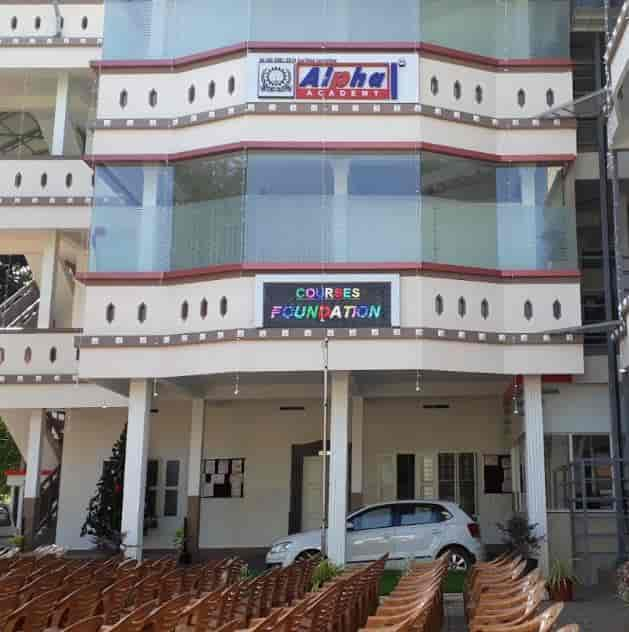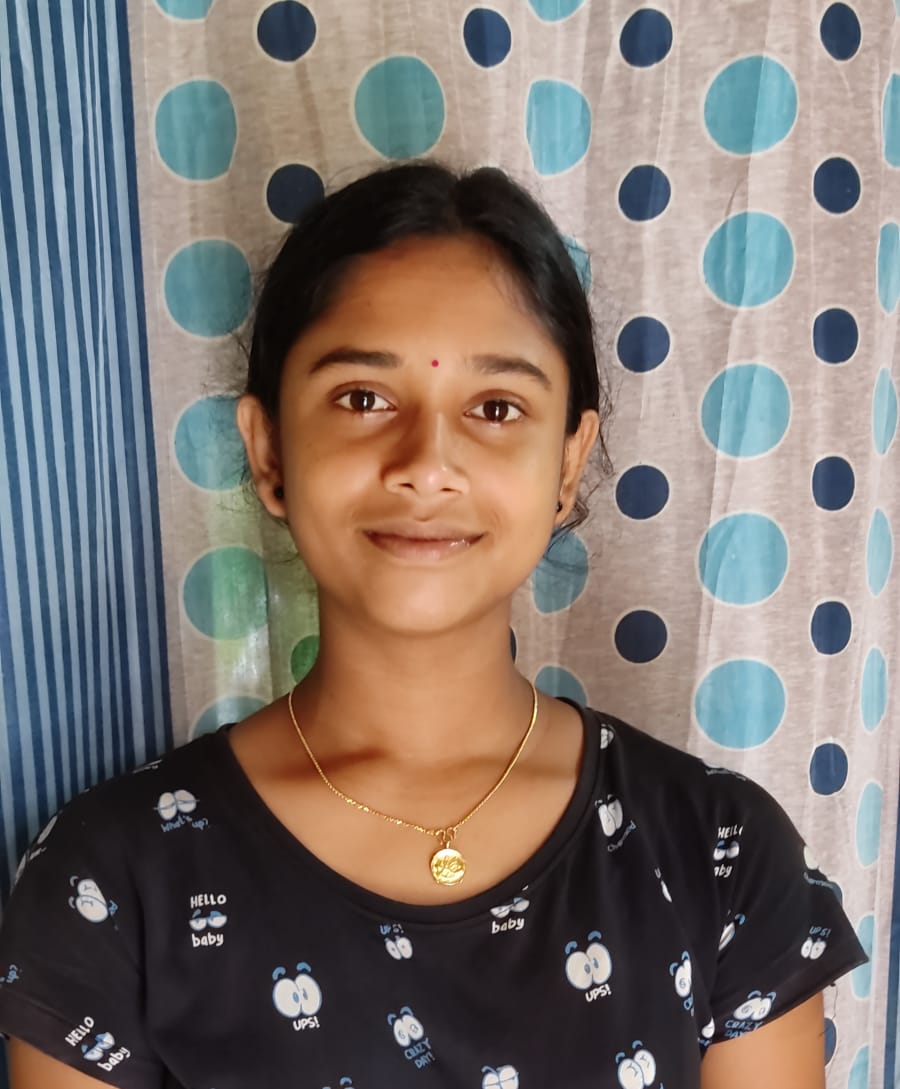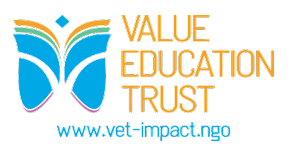Login
Don't have an account?
Sign Up
Academic and Professional Excellence
The Issue We Address:
Intergenerational and Regional Differentials in Higher Education in India, report of 2014 indicates that access to education beyond higher secondary schooling is a mere 10% among the university-age population in india. Although the gross enrollment ratio has been steadily increasing, the problems of unemployment in India continue to exist. In the ‘Mood of the Nation Survey’ conducted by the Centre for the Study of Developing Societies (CSDS) in 2018, nearly three in every ten participants (28%) spontaneously chose unemployment as the biggest issue in the country. But the fact is, India today faces a greater problem of un-employability rather than that of unemployment. Employability refers to a person’s capability for gaining and maintaining employment” (Hillage and Pollard, 1998). For individuals, employability depends on the knowledge, skills and abilities (KSAs) they possess, the way they present those assets to employers, and the context within which they seek work (Hind and Moss, 2011). The ability to perform in a team, emotional intelligence, and critical evaluation are some of the most important skills that employers are unable to find in their hires. Lack of problem-solving ability, basic communication and writing skills in English, and an innate unprepared nature for the jobs they’re set to take up hamper India’s youth. (Priyanka Gupta, Breaking the Vicious Circle of (Un)Employability).
Our Solution:
A solution to tackling the issue of unemployability of youth in India is to provide them with a healthy mix of content, psychometric testing and in-person support. The skills that are to be necessarily built in them are:
Soft Skills
They are essential for understanding the students’ true potential and working towards it. They need to discover their strengths and weaknesses, see the value of time and learn how to utilize it fully, understand how to visualize goals and move towards them, and finally how to communicate effectively through listening, reading, writing and speaking.
Life Skills
Students need these skills to overcome their internal struggles of life. They need to learn how to view life holistically, make the right decisions, understand emotions and handle them well, learn to fight their fears, overcome discouragements, enjoy teamwork, and also navigate the online space safely.
Study Skills
These skills enable students to understand the ‘how’ of learning. They need to learn how to understand their subjects better, remember things for longer, focus more intently during their study time, and pick up the art of acing their exams.
Career skills
They give students an overview of the career options in front of them and the pathway that they must take. They get the opportunity to appear for a psychometric test and one-on-one counselling that will help them choose their best-fit careers.
The intervention we provide is outside the class hours and will include:- Training sessions to build the soft, life, study and career skills of the children.
- Counselling support for the children to help improve their psycho-social wellbeing and ensure that they are able to apply the classroom learning in their day to day life.
- Educational support to ensure the non-disruption of their studies by the provision of:
- Internet connectivity for online learning
- Learning devices
- Subject-wise textbooks
- Subject-wise textbooks
- Extra tuition support
Testimonial
"Our organization is grateful to you for the wonderful service you are doing by sponsoring Ms.Adithya for Class 12 tuition and coaching for the NEET exam."

"I am thankful to Value Education Trust for training me as a teacher of Abacus and Vedic Maths.
I am now confident that with VETs help, I can help the children in my village to realise their dreams."

"I never liked to learn Mathematics. It was a very difficult subject for me at school. My Vedic Maths teacher has helped me to fall in love with mathematics. I am scoring good marks in Maths at school now."

"Since my childhood days, I have wanted to be a veterinary doctor. For the last two years, VET has been standing right by my side, providing financial support and more importantly regular counselling. I am able to score good marks at my coaching institute."

Previous
Next
Gallery
REACH US
Value Education Trust,
Bldg.No: 10/24, Bethel Cottage,
Amalloor, Manjadi P.O,
Tiruvalla – 689105
Kerala, India.









